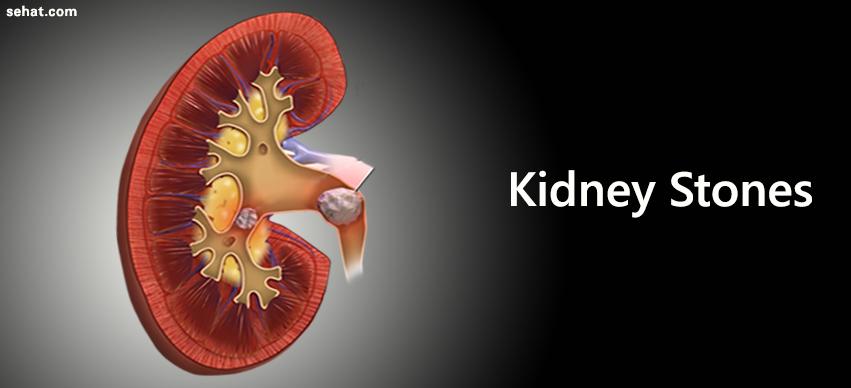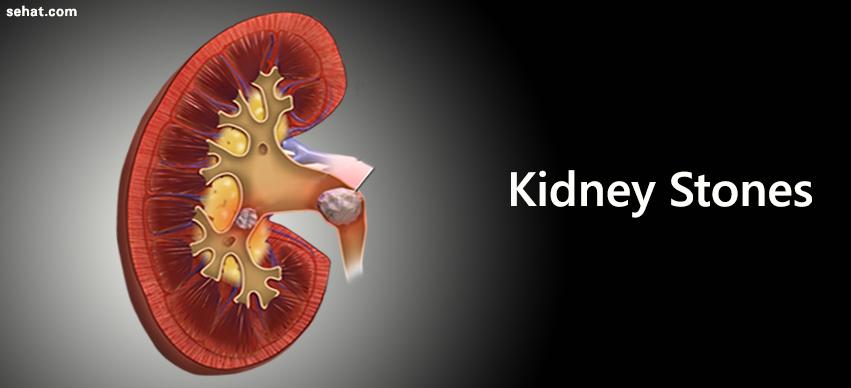Nanoparticle Therapy – An Emerging Cancer Treatment
5 Min Read


How many times have you not heard of people complaining about these very painful kidney stones. It is rather difficult for us to visualize or imagine the torture they undergo when suffering the pain from kidney stones. Do you have any idea what these kidney stones are and why they cause so much trouble?
Kidney stones are formed as a result of accumulation of dissolved minerals on the inner lining of the kidneys. These deposits start small, but they can even grow to the size of a table-tennis ball.
Kidney stones are minute and can pass unnoticed through the urinary tract, but those kidney stones that remain in the body can lead to many complications. They may lead to blockage of the ureter (the tube that connects the kidney and the bladder) obstructing the passage of urine. The movement of kidney stones through the narrow pipes of the ureter and the urethra are responsible for causing severe pain.
The most common cause of kidney stones is not drinking enough water through the day. Stones are very commonly found in people who consume less than the recommended 8-10 glasses of water per day. When there is not enough water in the body to dilute the uric acid formed - uric acid is a component of urine - the pH level comes down and becomes more acidic. An extremely acidic environment in the kidneys results in the formation of stones.
Formation of kidney stones is a very common among both, men and women, but the incidence is found more in men than women. Kidney stones usually make their appearance between the ages of 30-50. Do you have a family history of kidney stones? If so, you stand a pretty good chance of developing them at some point of time in your life. Then again, if you have had kidney stones earlier, you stand a risk of developing stones again, but don't worry there is good news. You can take preventive action.
You will not have any indication or symptoms of kidney stones till it moves into the ureter. When the urine is clear and not yellow colored, you have fewer chances of stone formation.
There are different types of kidney stones, and knowing the type of kidney stone you have, may help you in preventing further incidence of stones.
When you approach a doctor with your problem, he may order the following tests to confirm the presence of kidney stones.
The method of treatment varies from person to person, and on the size of the stone.
Small stones that do not cause any pain do not require any invasive treatment and can pass out naturally through the urine. Drinking as much water as possible will help you flush out your urinary system. It is recommended that you drink about 2.5 to 3 liters of water every day to produce clear or nearly clear urine.
Medical therapy: Your doctor may give a medication to help pass your kidney stones easily. This medication, known as alpha blocker, relaxes the muscles in the ureter and allows you to pass the kidney stone with ease and less pain.
Kidney stones that cannot pass out trough the urine naturally may require invasive treatment. It is possible that either the stones are too large to pass out or they may cause bleeding, kidney damage, or urinary tract infections.
Prevention is definitely better than cure. We suggest you follow these preventive measures to ensure that you do not go through the hassles of kidney stones.